Influences on decision-making, outcome for dogs with nontraumatic hemoabdomen
The objective of this study was to evaluate factors contributing to owner decision-making, satisfaction, and perception of quality of life (QOL) with treatment of dogs with nontraumatic hemoabdomen (NTH).
Researchers enrolled 132 client-owned dogs in the study. An electronic survey was administered to owners of dogs that presented emergently with NTH to a single institution between January 2015 and May 2022. Following receipt of the survey responses, retrospective data collection was performed by the team.
Owners reported QOL as the most key factor influencing their decision-making (92%), followed by risk of cancer (57%) or time remaining with their pet (56%).
QOL scores were significantly higher with surgery versus those with palliative care (P = .007).
Median survival time (MST) was 213 days with surgery and 39 days with palliative care (P = .049). Survival benefit of surgery was lost when considering only dogs with malignant histopathology (MST, 81 days; P = .305).
Owners were more likely to be satisfied when they chose surgery over either euthanasia or palliative care (P = .039). Thirty-four owners (26%) second-guessed or were unsure of their decision.
In conclusion, surgery resulted in the longest MST with greater perceived QOL, and owner satisfaction compared with both palliative care and euthanasia and should therefore be considered highly. The importance of malignancy and survival time on owners' decisions, along with the negative impact of metastasis on survival, underscores the importance of timely preoperative staging.
Jenna V Menard et al. “Assessing major influences on decision-making and outcome for dogs presenting emergently with nontraumatic hemoabdomen.” J Am Vet Med Assoc. 2023 Apr 28;1-9. doi: 10.2460/javma.23.01.0014.





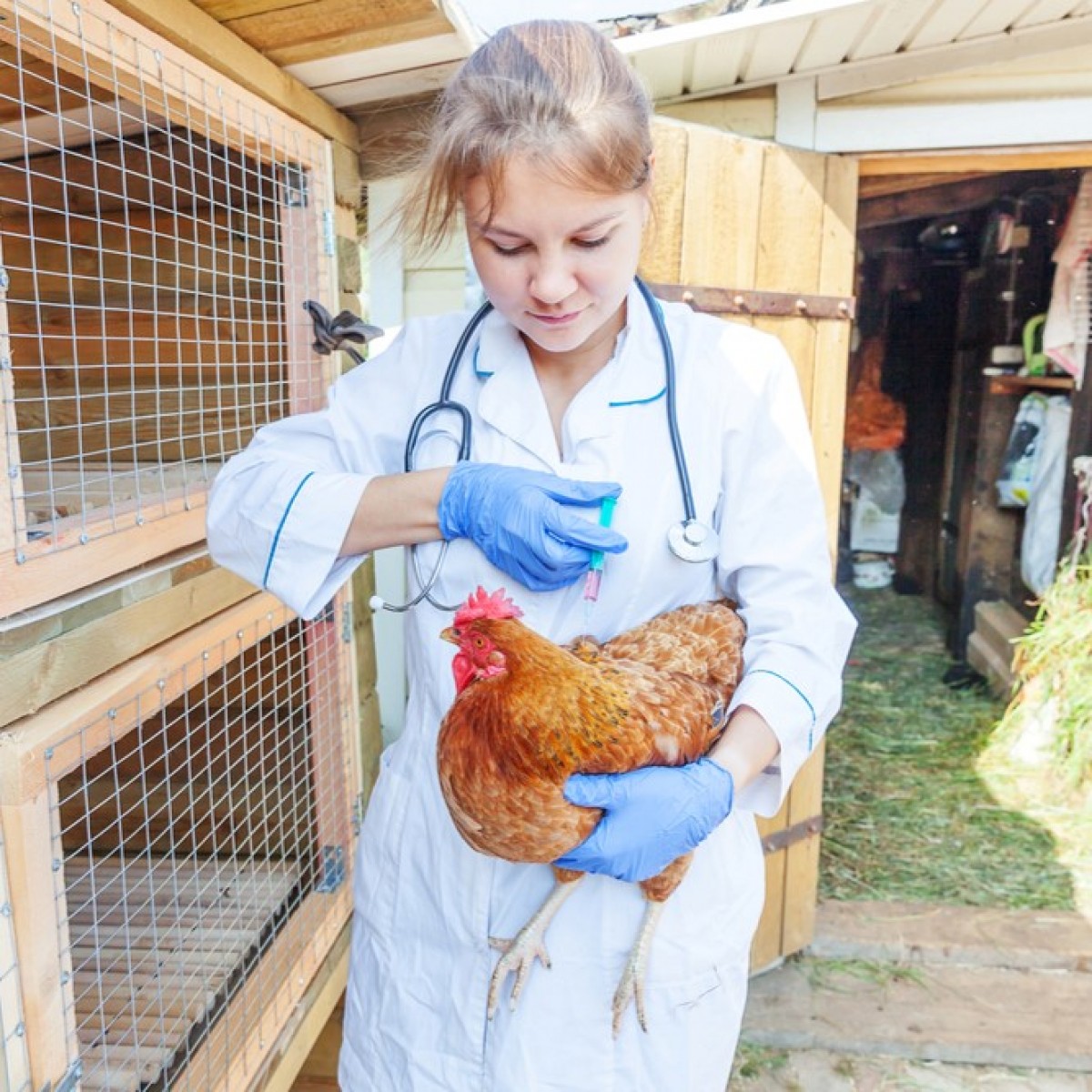
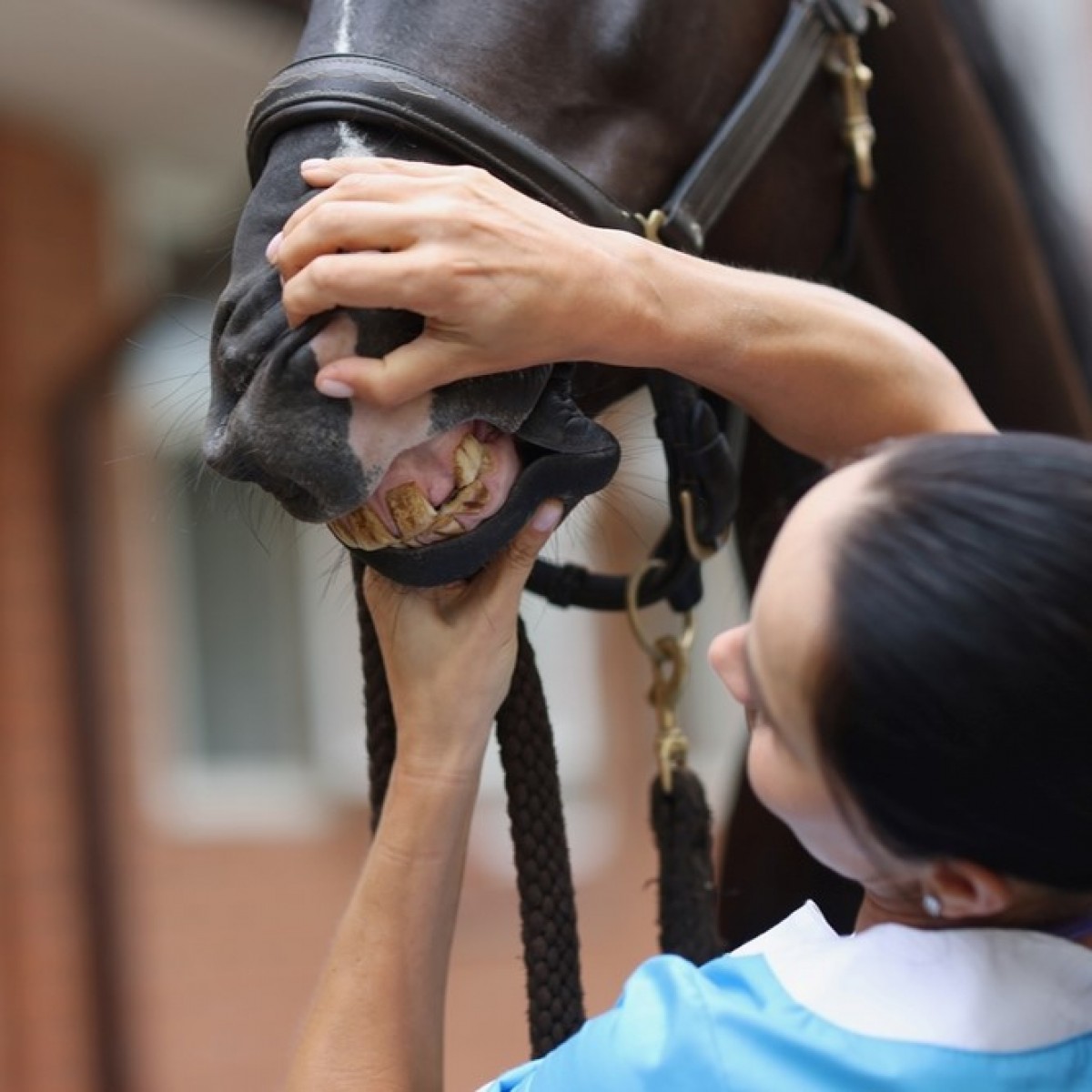
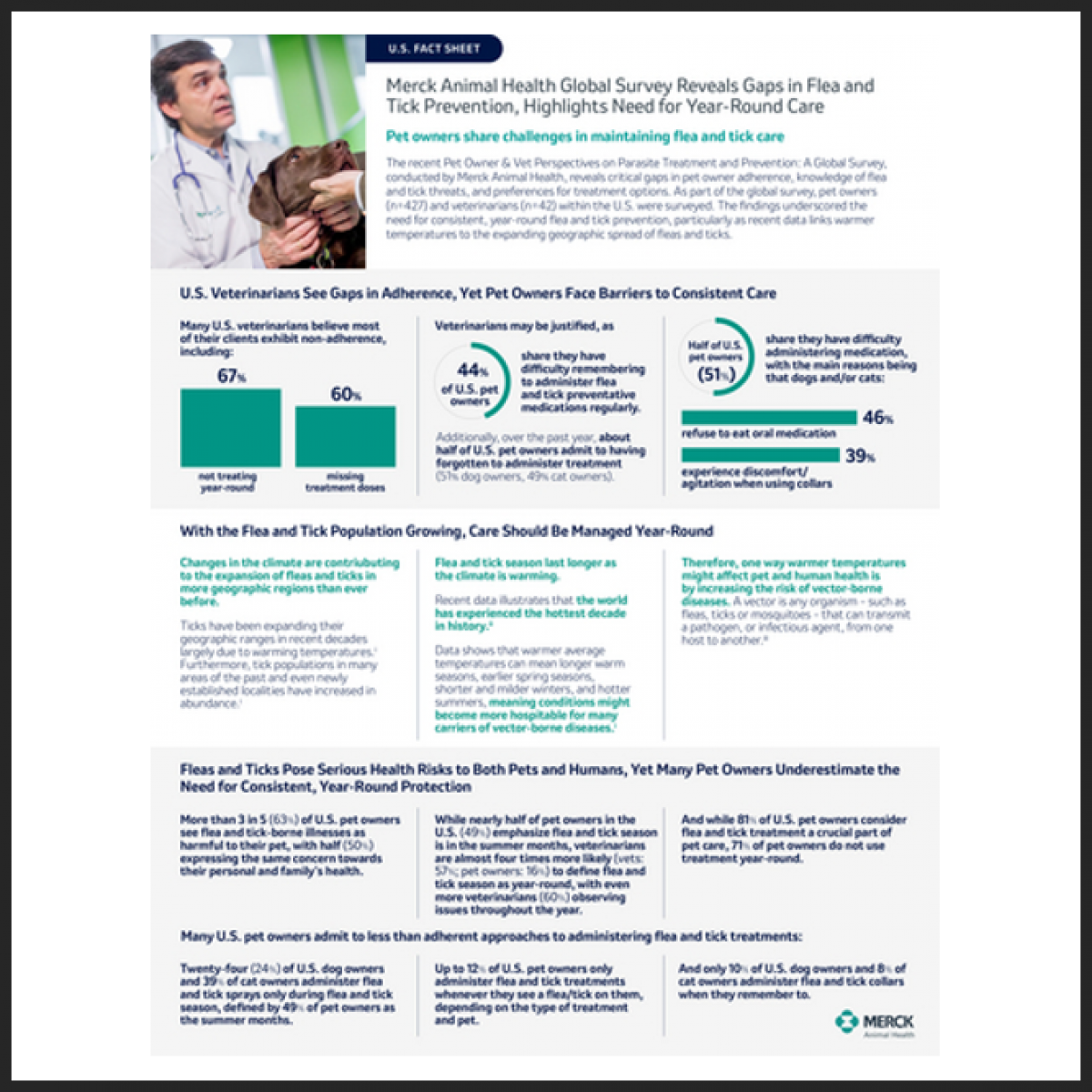
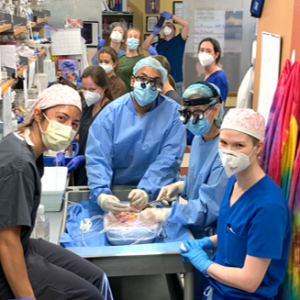

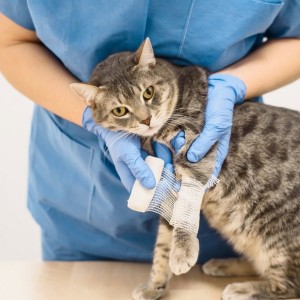
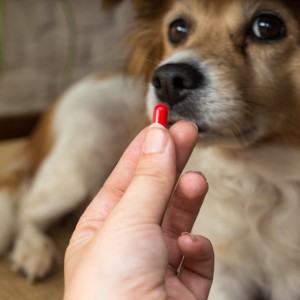


List
Add
Please enter a comment